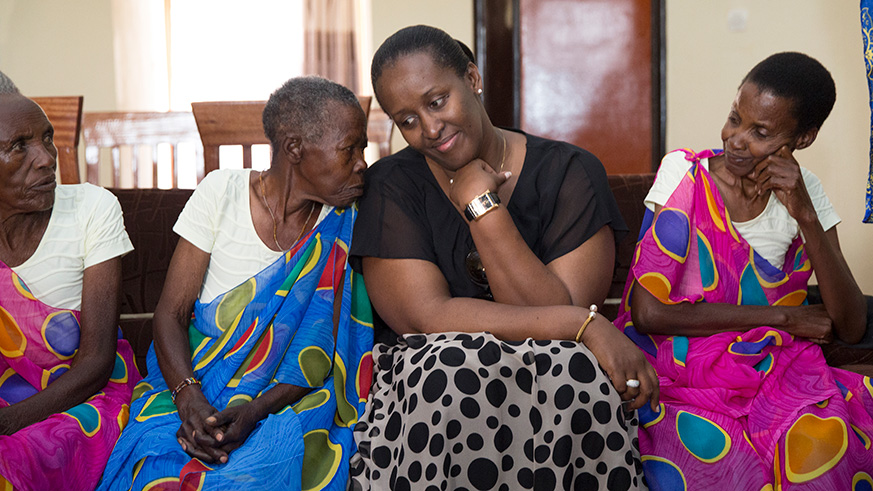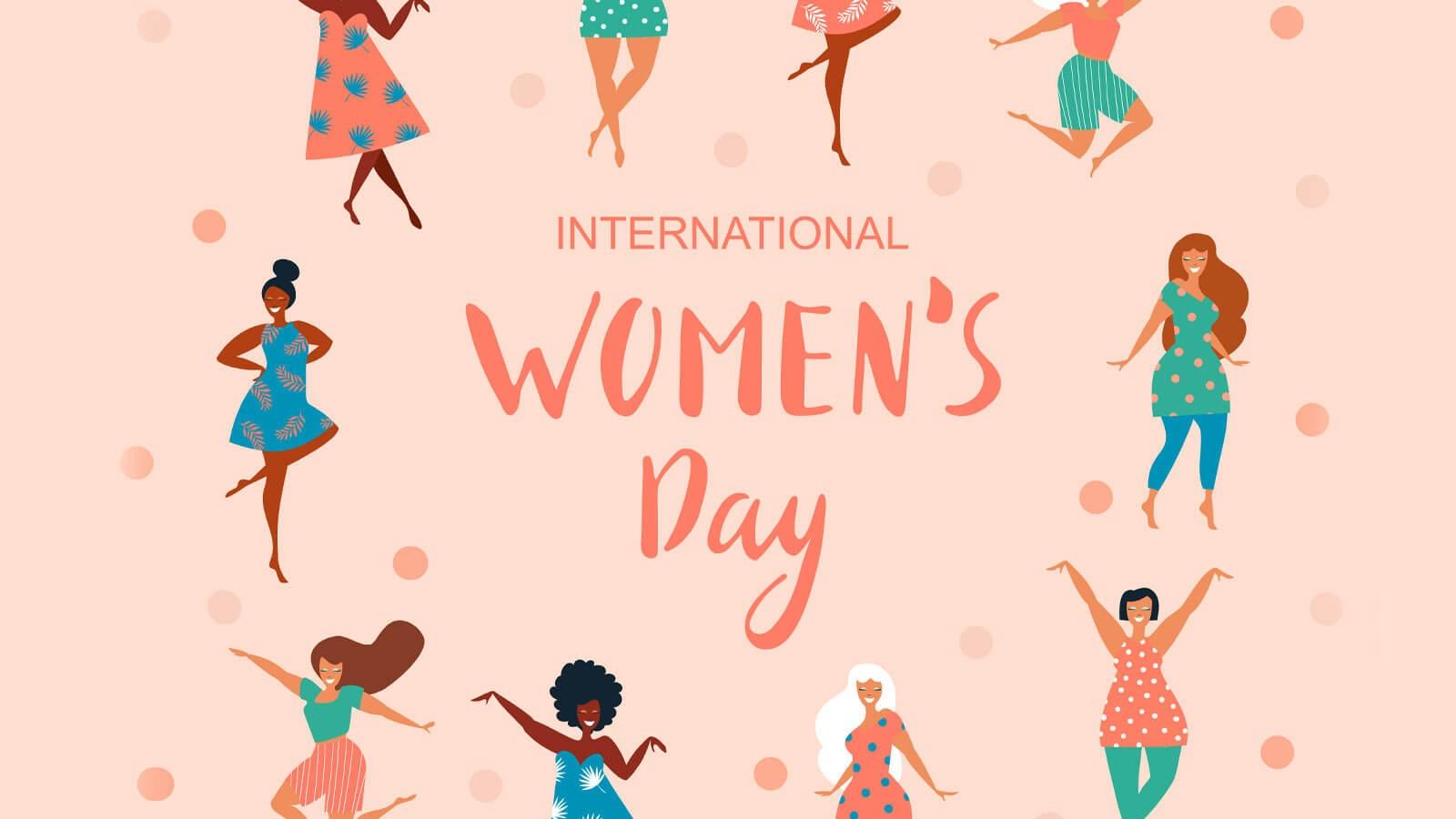Regional
Rwanda championing women inclusion

March
8 marks the annual celebration of International Women’s Day – a day dedicated
to taking stock of the achievements made by women in the social, economic,
cultural and political spheres.
Celebrated
since over a century ago, this day is more than a reminder; it is a catalyst
for improving gender equality around the world.
The
theme of International Women's Day 2024: Inclusion inspires, is in line with
Rwanda's strong commitment to engaging women to advance the country's
development agenda. Notably, Rwanda made progress in bridging the gender
inequality gap in government systems through the implementation of development
policies and strategies.
Rwanda
has the highest percentage of women in parliament worldwide, at an impressive
61.3 per cent, and nearly half of the Rwandan workforce is made up of women.
Despite
these advances, women hold only 32 per cent of decision-making roles in the
private sector but it’s not a worrying issue due to the ongoing initiatives. A
promising trend is emerging as an increasing number of private enterprises seek
to fill this gap and increase their operational efficiency by participating in
initiatives such as the Gender Equality Seal.
Launched
in 2018, in partnership with the United Nations Development Programme, Rwanda’s
Gender Monitoring Office, and private sector partnerships, the seal is a
framework for audit to identify who is effectively implementing the required
gender thresholds.
Since
its inception, 32 private companies and public organizations have achieved
certification under the Gender Equality Seal, establishing themselves as
leaders in advancing gender equality in the workplace.
The
demand for gender equality goes beyond mere moral considerations. McKinsey
Global Institute research confirmed that advancing women’s equality around the
world can boost global economic growth by a staggering $12 trillion.
There
is a strong correlation between a company’s gender inclusion goal and financial
performance. Companies that have eliminated gender-based pay gaps and increased
female representation in decision-making roles have seen noticeable
improvements in productivity and profitability; and gender-balanced companies
have increased innovation and generosity.
While
Citibank research reiterates the need for gender equality in the economy, it
shows that reducing gender inequality in the workplace would increase GDP by
about 6 per cent in acquired countries’ development over the next two decades.
In
Rwanda, companies that have been recognized through gender equality
certifications have done many things, including providing breastfeeding
facilities, diversifying female representation in roles that were traditionally
male-dominated, established sexual assault policies, and improving the gender
pay gap.
These
policies not only support basic human rights but also promote good working
conditions, increase productivity, promote gender equality and ultimately
generate income.
Rwanda’s
desire to transform antiquated institutions and encourage forward thinking
positions the country as a leadership beacon for inclusive development.


.jpeg-20221214055432000000.jpeg)





